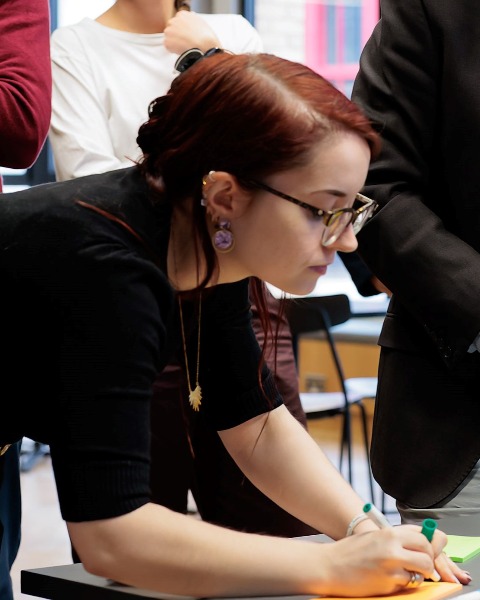Collaborative, Participatory & Empowerment Evaluation
Telling stories and building unicorns: lessons learned from a tiered Most Significant Change evaluation in Iraq
-

Niki Wood, MA (she/her/hers)
MEL Director
Chemonics UK, Vastra Gotaland, Sweden
Presenter(s)
Location: Grand Ballroom 8
Last year, we designed and led a full-format Most Significant Change (MSC) evaluation in Iraq. The design paid true love to the methodology, and embedded participation end-to-end rather than just in the story telling phase to mirror the participatory nature of the community cohesion programme we were evaluating. In addition, we layered the evaluation, combining MSC with Hierarchical Card Sorting and conducting two rounds of MSC: one with programme staff and then one with programme participants.
At regular points, there were moments of ‘I wish…’: ‘I wish I could find an Iraqi MSC expert…’, ‘I wish I could find an enumerator with psychosocial support training…’, ‘I wish I could use a trauma-informed grounding exercise…’. At each of these, we found a way to combine what we had to answer that wish: for example, pairing an Iraqi anthropologist with an international MSC specialist who has worked extensively in Iraq; training PSS workers as enumerators; using play dough as a surreptitious grounding exercise. At each step, we found creative ways around barriers to build the unicorns we could not find, and generated insights that provided a deeper level of understanding for the programme, as well as of the MSC methodology itself. We would love to share what worked, and what did not (!)
This is relevant to this year's conference theme as MSC is a methodology designed to navigate complex change through story-telling and story selection, and critically by allowing those served by programmes to decide what stories are told. Our evaluation was valuable in how it helped us understand what truly mattered to the communities served by the programme, as well giving us a deeper understanding of MSC itself. Given it seems to have not been used in its full format in Iraq before (as far as documentation seems to show, confirmed by Rick Davies), or at least not frequently, we would love to share what we learned with others who may want to use it in Iraq or comparable settings. We also aim to integrate storytelling into our presentation of our learning, as we feel we have so many fantastic stories from conducting this evaluation that it would be a shame not to share them!
